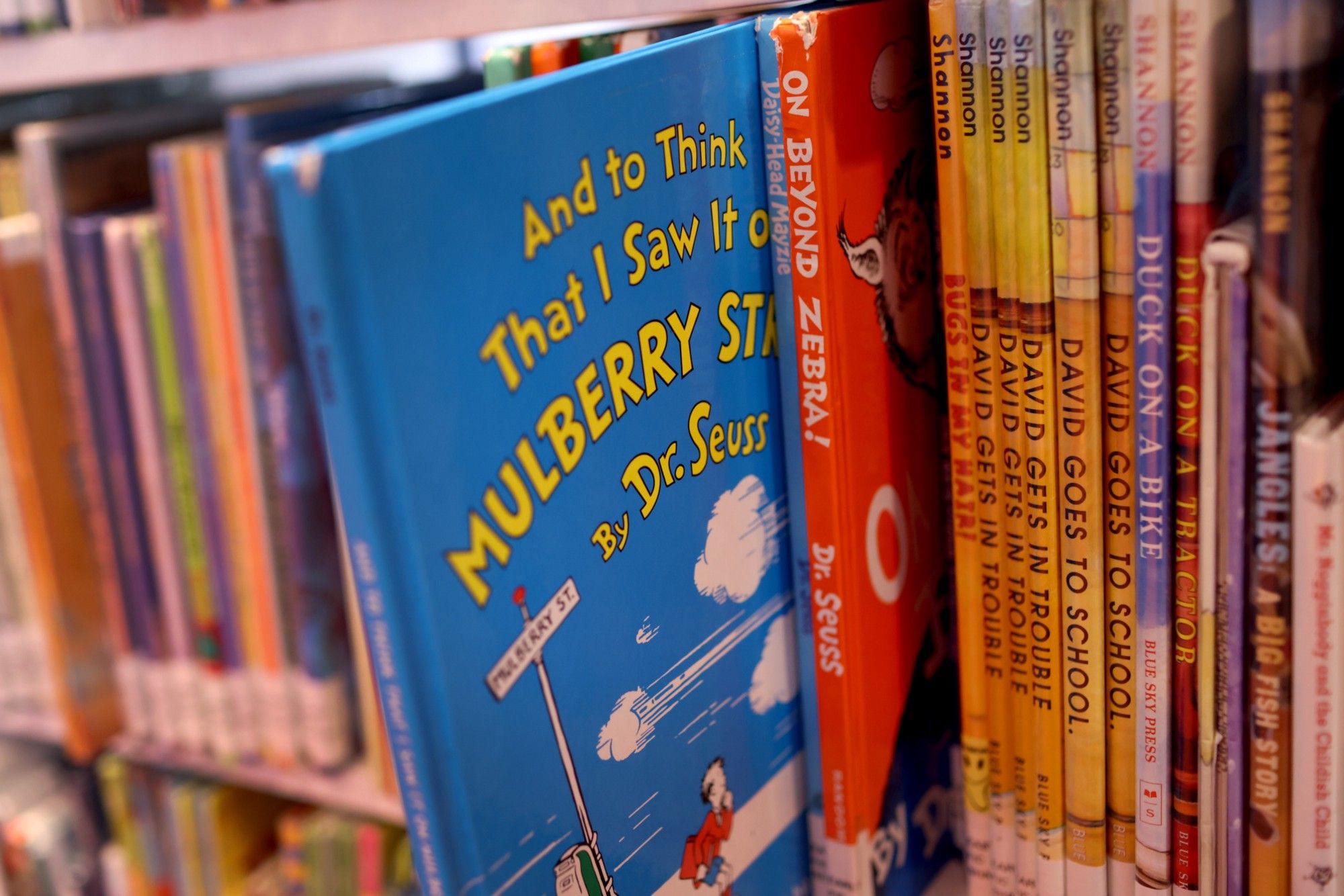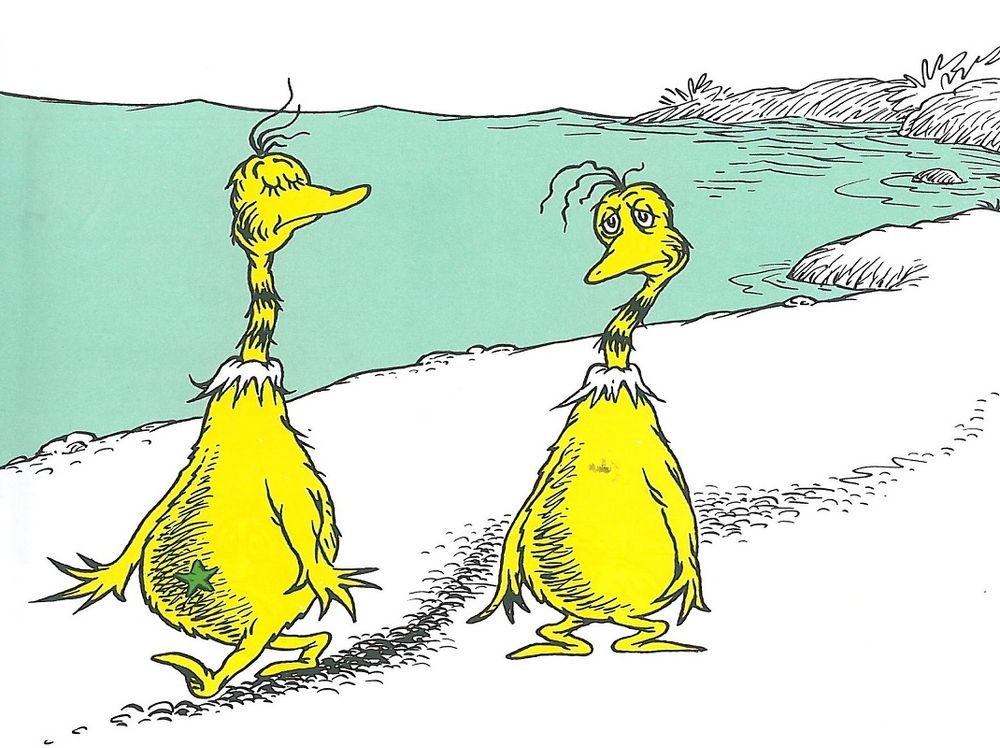The lengths people will go to suppress whatever they consider critical race theory—or, apparently, matters that confront racism through metaphors simple enough for children to understand—know no bounds. Out in Ohio, a teacher was told to stop reading a Dr. Suess book to her class because the kids began to clock that it’s basically an allegory about institutional racism, among other things. And they got caught on tape because NPR was there recording the whole thing for a podcast.
For an episode of the Planet Money podcast, NPR went out to Shale Meadows Elementary to record third-grade teacher Mandy Robek reading children’s books about economics to her class of eight- and nine-year-olds. At the beginning of the episode, Robek discusses Eric Carle’s Pancakes, Pancakes!, which incorporates economic principles in a story about a little boy who helps his mother make breakfast.
This is a really smart bunch of kids. One of them explains his interpretation of the story: Protagonist Jack “is a consumer, figuratively and literally, because he's getting it, and he's also eating it. And consuming means eating.” It can’t be understated that these are kids who haven’t yet reached puberty and could probably hold their own in discussions in college-level English classes. If you don’t want children to think about racism, Robek’s class is probably your sworn enemy.
At one point, Robek reads Dr. Seuss' The Sneetches to her students, who are initially very excited about this because it rhymes. This Dr. Suess book is about how certain Sneetches have stars on their bellies and some don’t; the ones that do are treated better than the ones that don’t. The kids see parallels in the book to “what happened back then, how people were treated,” as one puts it, and later adds “white people disrespected Black people, but then, they might stand up in the book.”
Amanda Beeman, communications director for the school district who had been listening in the classroom, almost immediately puts an end to the reading of this book once she hears this commentary. Perhaps the issue at hand is these kids finding out that “back then” might also be “right now.”
As noted by the Columbus Dispatch, NPR reporter Erika Beras helped pick out the six books read to the class that day with the district. The Olentangy Local School District didn’t want any of the books to contain politics. It’s a wonder why the school district thought having kids discuss economic principles was alright, but racial segregation was too much. It’s also quite funny that these themes went way over their heads in the beginning, but a group of children caught on instantly.


